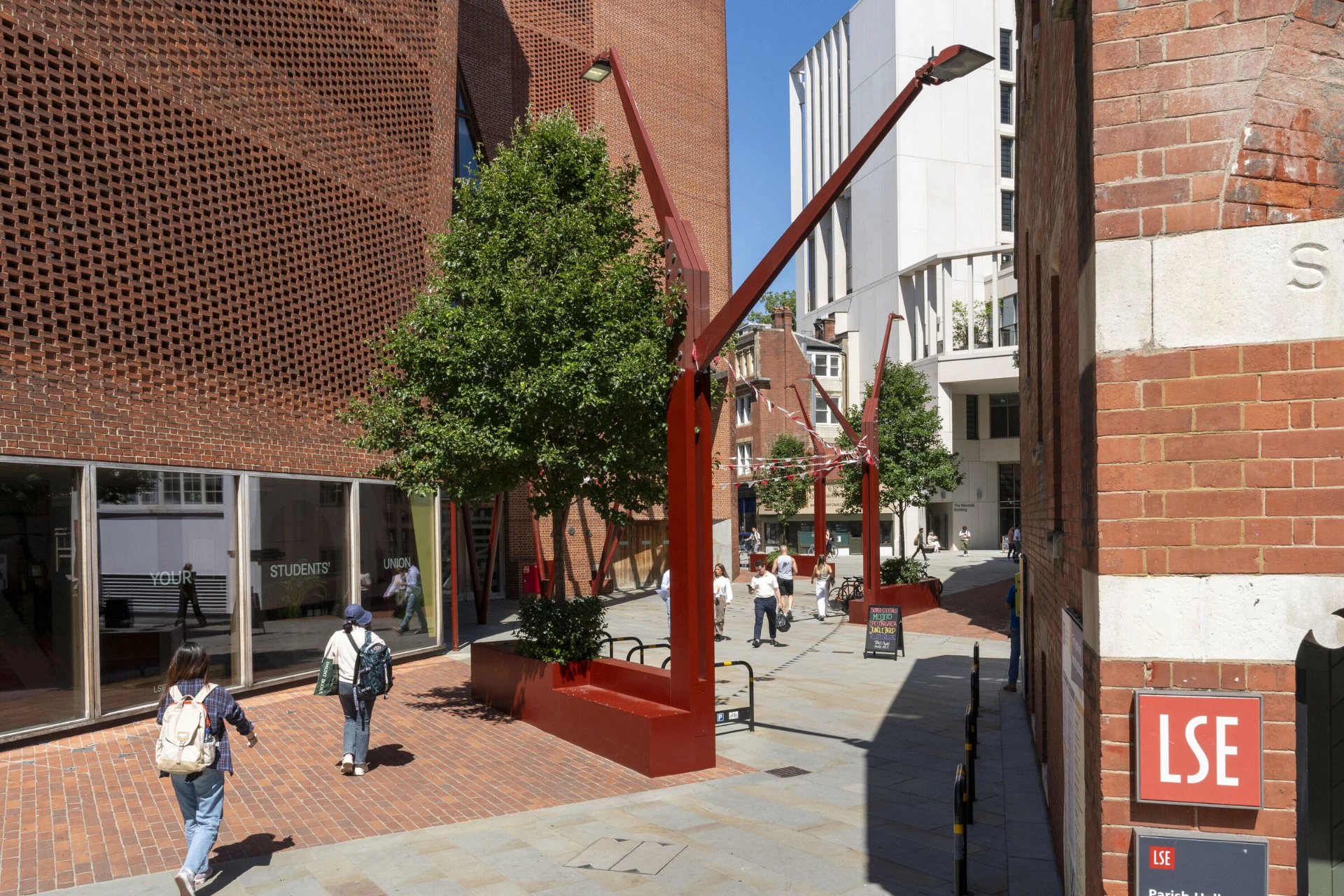LSE people

Meet inspirational alumni in LSE’s history and discover more about some of the people through history who have played important roles within LSE and on the world stage.
Notable alumni
Meet just a few of our notable alumni from around the world. Many alumni are also world leaders and Nobel Prize winners.
B R Ambedkar
Architect of the Indian constitution
Helen Mayelle
International UN volunteer
Kristalina Georgieva
Managing Director of the International Monetary Fund
Ruth Porat
President and Chief Investment Officer, Alphabet, Inc and Google LLC
David Rockefeller
Philanthropist
Minouche Shafik
LSE Vice Chancellor and President 2017-2023
George Soros
Business magnate
Ursula von der Leyen
President of the European Commission
Leading women
With a female founder, funder and students from the very beginning, here are just some of the leading women from LSE's history who achieved significant "firsts":
Alice E Murray and Amy Harrison
The first women to be awarded doctorates at LSE in 1903. Alice on the history of commercial and financial relations between England and Ireland, and Amy on the history of factory legislation.
Ellen Marianne Leonard
The first female President of the LSE Students’ Union in 1907.
Mithan Tata
One of the earliest women to be called the Bar, Mithan later became the first female Professor of Law in India.
Lilian Knowles
The first female Professor of Economic History in the UK in 1921.
Edith Abbott
The first American woman to be appointed the dean of a graduate school in the United States in 1924.
Maureen Colquhoun
The first openly gay woman in UK parliament.
Eugenia Charles
Dominica's first female Prime Minister in 1980.